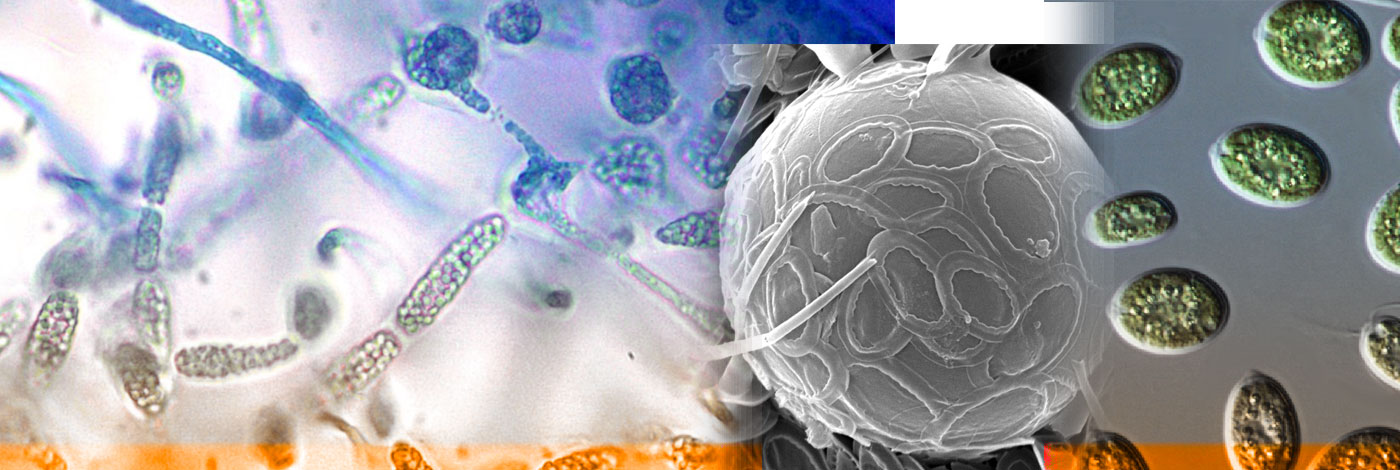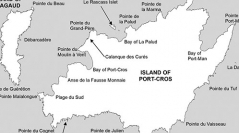

 Cryptogamie, Algologie
37 (1) - Pages 61-90
Cryptogamie, Algologie
37 (1) - Pages 61-90Fucales (Phaeophyceae, kingdom Stramenopiles) are ecosystem engineers and canopy forming seaweeds that are dramatically declining worldwide. In the Mediterranean Sea, Cystoseira spp. and Sargassum spp. have been shown to be locally extinct or locally functionally extinct, i.e. no longer forest forming, even in some Marine Protected Areas (MPAs).
The patterns of change in the diversity and abundance of Fucales taxa within the Port-Cros Archipelago (Port-Cros National Park; PCNP) was studied by comparison of recent data (2005 to 2007) with previous data in order to measure the effects of protection since the creation of the park in 1963. Three taxa were reported before 1963, 10 between 1963 and 2005 and 17 between 2005 and 2007. Considering the biology of the species listed and the distance from the coast of the Port-Cros Archipelago, it is unlikely that this increase in species richness has resulted from colonisation events through the implementation and enforcement of effective protection of the area but is rather due to an increase in sampling effort. In contrast to other Mediterranean areas, the populations of Fucales are still highly diversified and stable. Only one species, C. brachycarpa var. brachycarpa, has declined in the 1-10-m depth zone in relation to the proliferation of herbivorous species, possibly enhanced by the PNPC conservation strategy. The overall good conservation of Fucales populations of the PCNP is probably the result of the absence of habitat destruction, high seawater quality and the regulation of human activities (fishing, tourism, diving).